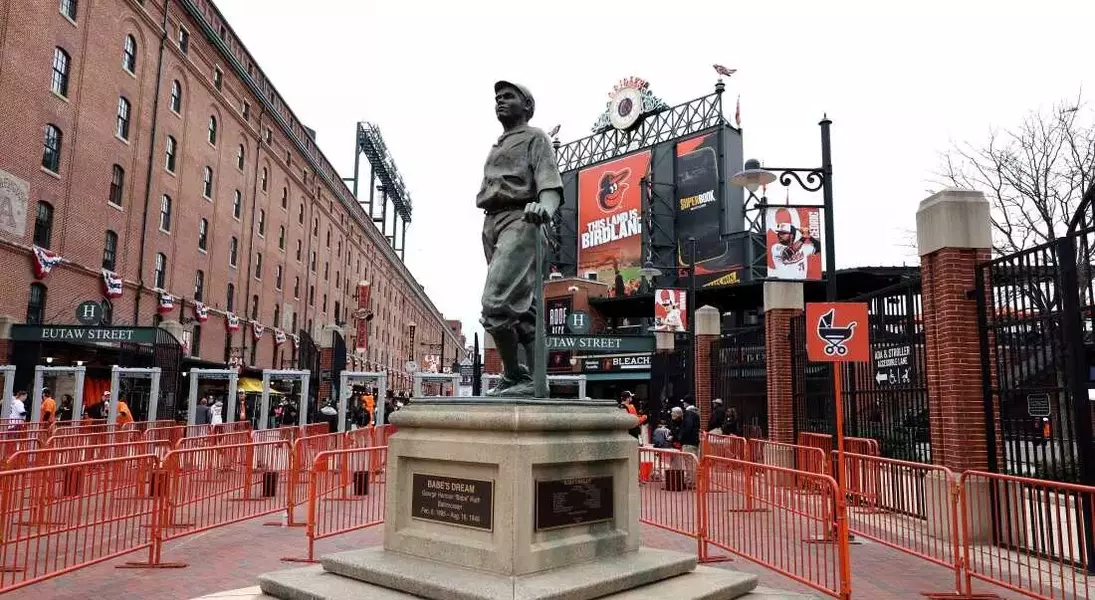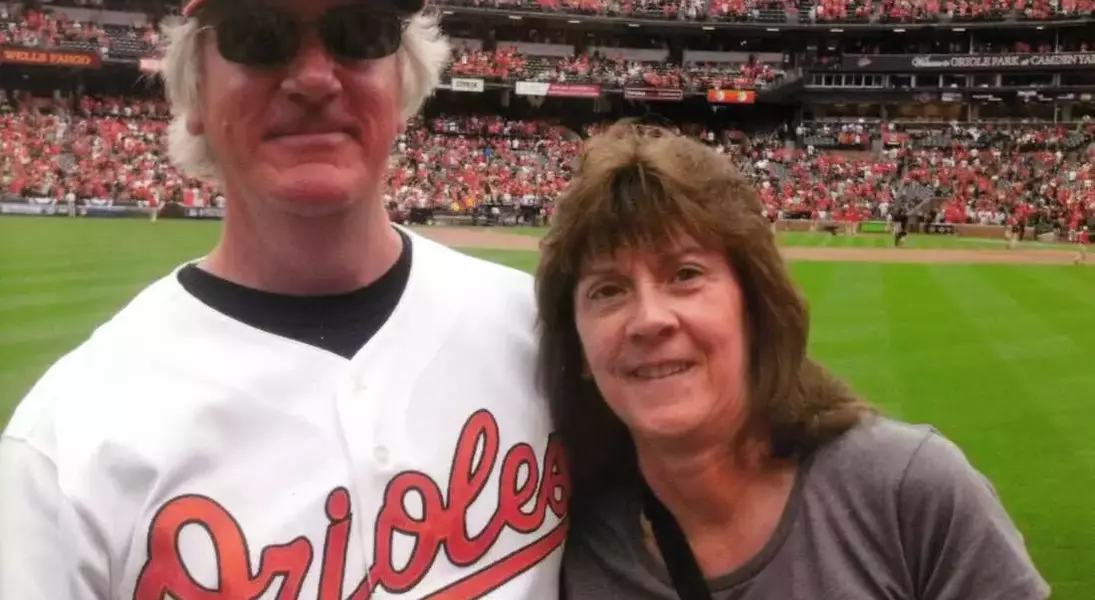




Attending live sporting events, once an accessible pastime for many, is increasingly becoming a luxury. Over the past two decades, the cost of sports tickets has surged dramatically, more than doubling since 1999, according to data from the Labor Department. This significant increase is pushing out a segment of the fan base, particularly long-standing supporters who cherish the tradition of watching their favorite teams compete. The underlying causes are complex, rooted in the evolving business strategies of sports franchises that prioritize profitability and exclusive experiences over broad accessibility. As the economic landscape of professional sports shifts, fans like Bob Hinz find themselves at a crossroads, grappling with the financial implications of their enduring loyalty.
The transformation in ticket pricing strategies is driven by several key factors. Firstly, many teams have adopted a model that favors selling a smaller number of seats at elevated prices, rather than filling an arena with more affordable options. This approach mirrors the airline industry's emphasis on business and first-class cabins, where higher profit margins are generated from premium offerings. Secondly, dynamic pricing has become a prevalent practice. This technology-driven method allows teams to adjust ticket costs in real-time based on demand, ensuring they maximize revenue for popular games or high-stakes matchups. Lastly, there's a growing trend towards enhancing the \"premium experience.\" This includes the creation of luxurious club areas, plush seating, and exclusive in-game access, all of which come with a substantially higher price tag. These elements collectively contribute to the escalating expenses, making it harder for average fans to secure tickets.
The story of Bob Hinz, a devoted Baltimore Orioles fan for decades, perfectly illustrates the impact of these changes. Hinz has been a season ticket holder for over twenty years, cherishing his memories at Camden Yards, a ballpark renowned for its traditional charm and blue-collar appeal. Unlike more modern stadiums, Camden Yards historically offered a more egalitarian experience, devoid of opulent amenities. However, following a recent change in ownership, the Orioles revamped their season ticket packages. Hinz, who previously purchased tickets for 13 games at approximately $1,400, was informed that retaining his seats would now require a 20-game package, leading to a 35% increase in the per-game price. This shift left him, and many other fans, dismayed.
Despite the club's explanation that these changes aim to provide \"more tailored benefits\" and \"greater flexibility\" for members, the sentiment among many supporters, including Hinz, is one of being undervalued. The team states that these new membership tiers, offering 20-game, 40-game, and full-season options, align with practices across other Major League Baseball teams. While Hinz, an accountant by profession, understands the business rationale, he expressed his disappointment, feeling like \"just another number.\" This feeling is compounded by the fact that the Orioles are investing significantly in stadium renovations, partly funded by Maryland taxpayers, to introduce amenities like a \"premium club\" with luxurious settings, bartenders, and exclusive access, further cementing the shift towards a high-end fan experience.
Ultimately, Hinz faced a difficult decision. The sentimental fan in him yearned to continue his tradition, recalling the prestige associated with being a season ticket holder from his youth. However, the pragmatic accountant recognized the financial strain. After careful consideration with his wife, he made the difficult choice to relinquish his beloved season tickets after more than two decades. His experience underscores a growing tension in professional sports: the balance between commercial imperatives and maintaining a connection with the loyal, everyday fan. As the industry increasingly embraces a business-first mentality, the affordability and accessibility of live sports events remain a pressing concern for many.
